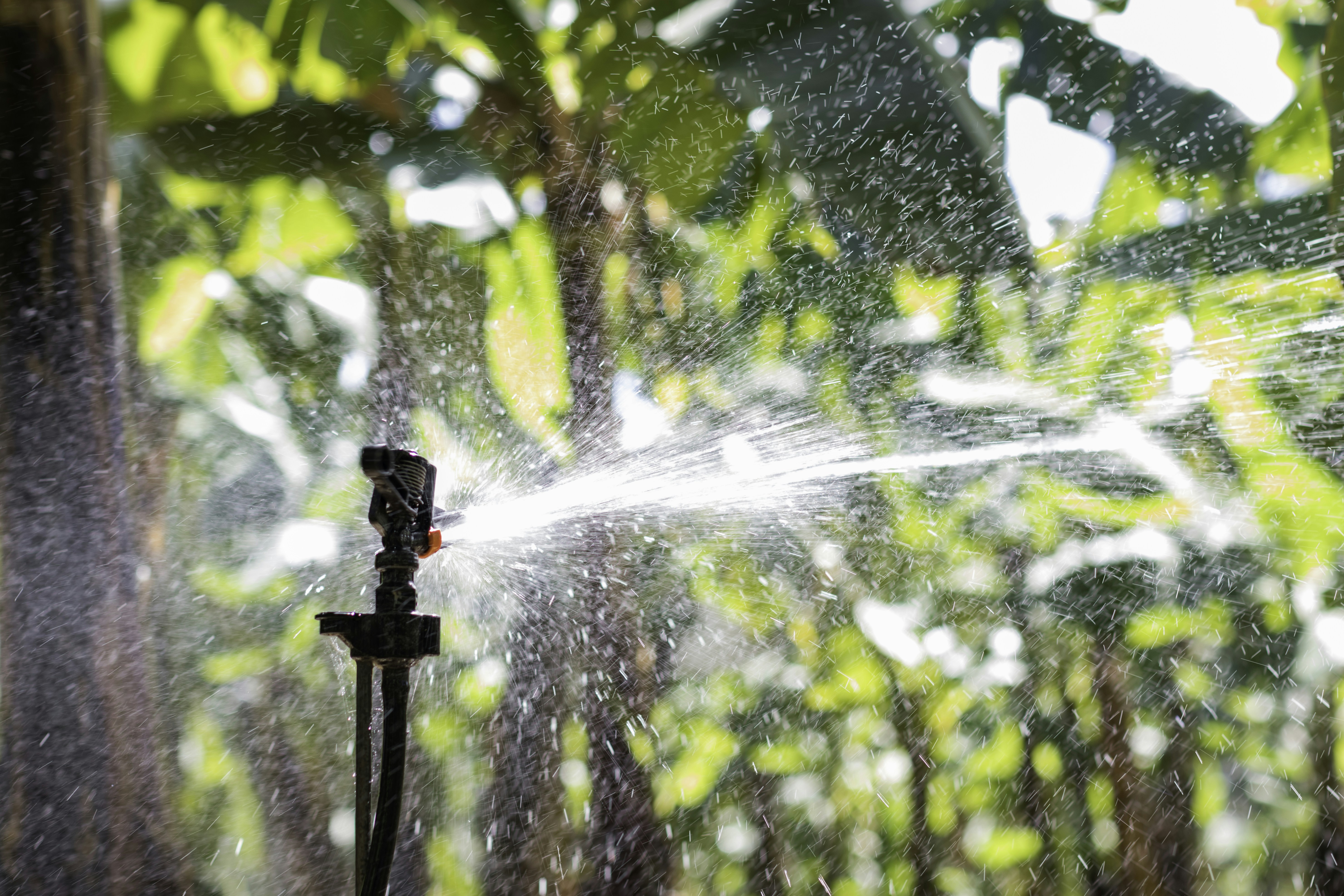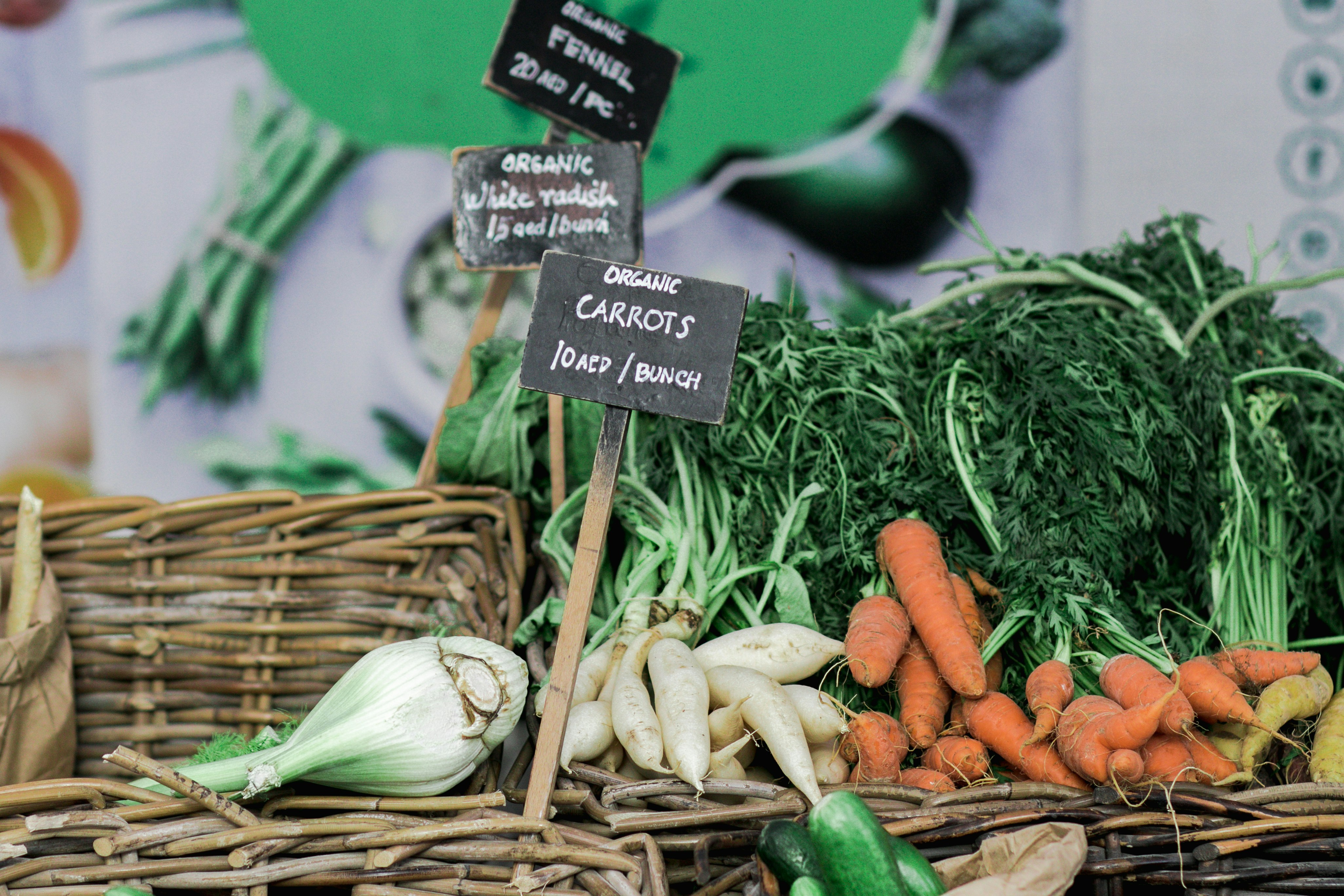Understanding Toddler Development: The Importance of Age-Specific Projects
Toddlers, typically aged between 2 to 4 years, undergo significant stages of development that shape their future learning experiences. During this crucial period, they reach essential developmental milestones across various domains including cognitive, social, emotional, and physical growth. Engaging toddlers in age-specific projects serves to support these developmental advancements, enhancing their skills in a context that feels natural and enjoyable.
From a cognitive perspective, toddlers begin to understand the world through exploration and interaction. Age-appropriate projects that involve problem-solving and creative thinking can stimulate their curiosity and promote critical reasoning skills. For instance, simple activities like sorting objects by color or shape can enhance their classification abilities, laying the groundwork for more complex cognitive operations in later years.
Fine motor skills also see substantial growth during this stage as toddlers manipulate objects. Projects such as arts and crafts involving cutting, gluing, or color application foster hand-eye coordination and dexterity. These activities are pivotal as they contribute to a child’s ability to perform everyday tasks and ultimately influence their academic readiness.
Social interaction is a key component of toddler development. Engaging children in collaborative projects encourages them to communicate, share materials, and learn from one another. Such social engagements facilitate the development of empathy, negotiation skills, and the ability to work in a group, all of which are necessary for future interpersonal relationships.
Additionally, emotional growth is fostered through hands-on activities. When toddlers express themselves through creative projects, they can explore their feelings and gain a sense of achievement. This can lead to increased self-esteem and confidence, essential traits as they face new challenges and environments.
In light of these developmental milestones, it becomes evident that age-specific projects are integral to nurturing a toddler’s growth, providing them with the tools necessary for lifelong learning.
Safe and Fun Project Ideas for Toddlers
Engaging toddlers in creative projects at home can be a delightful experience, nurturing their curiosity and motor skills. Here are some safe and fun project ideas tailored for children aged 2-4, designed to stimulate their imagination while ensuring safety and simplicity.
One exciting project is creating a nature collage. Gather leaves, twigs, flowers, and other natural items from your backyard or local park. Provide your toddler with a piece of sturdy paper and non-toxic glue. Encourage them to arrange their findings in a way that appeals to them, fostering creativity and an appreciation for nature. This activity not only allows for artistic expression but also teaches children about the environment.
Another engaging option is finger painting. Set up an art station with washable, non-toxic finger paints and large sheets of paper. Invite your toddler to explore colors and patterns using their hands. This tactile activity enhances sensory development and can easily be cleaned up afterward, making it a hassle-free experience for parents.
A simple gardening project can also be a rewarding choice. Provide a small pot, some potting soil, and easy-to-grow seeds (like sunflower or basil). Assist your toddler in filling the pot with soil, planting the seeds, and watering them. Watching the plants grow will foster a sense of responsibility and wonder in your child as they observe the process of nature firsthand.
For a playful indoor activity, try creating a DIY sensory bin. Fill a shallow container with rice, pasta, or even sand. Hide small toys or objects within and encourage your toddler to explore, dig, and sift through the materials. This project promotes fine motor skills, sensory exploration, and imaginative play.
By introducing these engaging projects, parents can provide their toddlers with both fun and educational experiences in a safe and supportive environment.
Incorporating Learning into Daily Activities
Daily household activities provide numerous opportunities for toddlers to engage in learning while participating in routine tasks. By transforming these activities into educational experiences, caregivers can promote cognitive development, enhance motor skills, and foster a sense of responsibility among toddlers. Cooking, cleaning, and organizing are not only essential chores but also rich in learning potential, making them ideal platforms for educational activities.
Cooking, for instance, can be an exciting way to introduce young children to basic math concepts. While measuring ingredients, an adult can encourage toddlers to practice counting and comparing quantities. As they sprinkle in spices or stir batters, children can identify colors and textures, enhancing their vocabulary. Incorporating discussion about the ingredients’ origins can also expand their understanding of nutrition and food culture.
Cleaning offers another valuable learning opportunity. Activities such as sorting toys by color or size, wiping surfaces, or matching socks can help toddlers develop coordination and categorization skills. Emphasizing teamwork during cleaning tasks not only aids in building social skills but also fosters a sense of accomplishment. Children may learn colors and textures, like identifying different surfaces and their associated materials, which can be integrated into vocabulary building.
Organizing spaces, such as their play area, can enhance critical thinking and problem-solving skills. Caregivers can encourage toddlers to decide where items should be placed, promoting reasoning and logical thought. Incorporating playful elements, such as challenges or games related to finding items or creating designated spots for each category, will make the learning process enjoyable. Routine and consistency are essential in toddlers’ lives, and integrating these learning opportunities into daily activities aids in establishing beneficial habits.
Ultimately, blending learning with household chores not only enriches a child’s educational experience but also fosters a positive attitude towards responsibility, making the process enjoyable and meaningful.
Encouraging Independence and Creativity Through Projects
Engaging toddlers in various projects not only provides entertainment but also plays a critical role in fostering their independence and creativity. At the ages of two to four, children are naturally inclined to explore their environment. By providing them with opportunities to participate in hands-on activities, parents can enhance their problem-solving abilities and self-confidence. For instance, simple tasks such as sorting colors or arranging objects can stimulate a toddler’s cognitive development while simultaneously promoting independence.
Allowing toddlers to express their creativity is essential for their emotional and intellectual growth. When they are given the freedom to choose how to complete a project, they feel empowered. Offering them a range of materials, such as crayons, paper, and various crafting supplies, encourages experimentation. Through this exploration, children learn to make decisions about their creations, which enhances their critical thinking skills. These projects can also promote fine motor skills, as toddlers learn to grasp, manipulate, and control different materials.
Parents play a vital role in this developmental process. It is crucial for caregivers to provide a supportive environment that encourages creative expression. Instead of directing every step of a project, parents can adopt a more hands-off approach, offering guidance when necessary but allowing the child to take the lead. Encouraging toddlers to articulate their thoughts about their creations can foster verbal skills, enabling them to communicate ideas and feelings effectively.
Moreover, it is beneficial for parents to celebrate their child’s efforts regardless of the outcome. Acknowledging their endeavors cultivates a sense of achievement and encourages further exploration. Subsequently, this nurturing approach supports the child in feeling safe to experiment and ultimately contributes to the development of innovative minds. In this way, engaging toddlers in projects serves as a pathway to independence and creativity that can have lasting positive effects on their growth.
If you’re interested in purchasing the item you seek, please click the link for additional details: #americanachoice.
https://amzn.to/3SBN3Oy
AFFILIATE DISCLOSURE: I am an affiliate for this company, I am not a paid employee.
I may receive a commission if you click a link on this page and choose to purchase something.
You can rest assured I will only share things I believe in and will be valuable to you.



